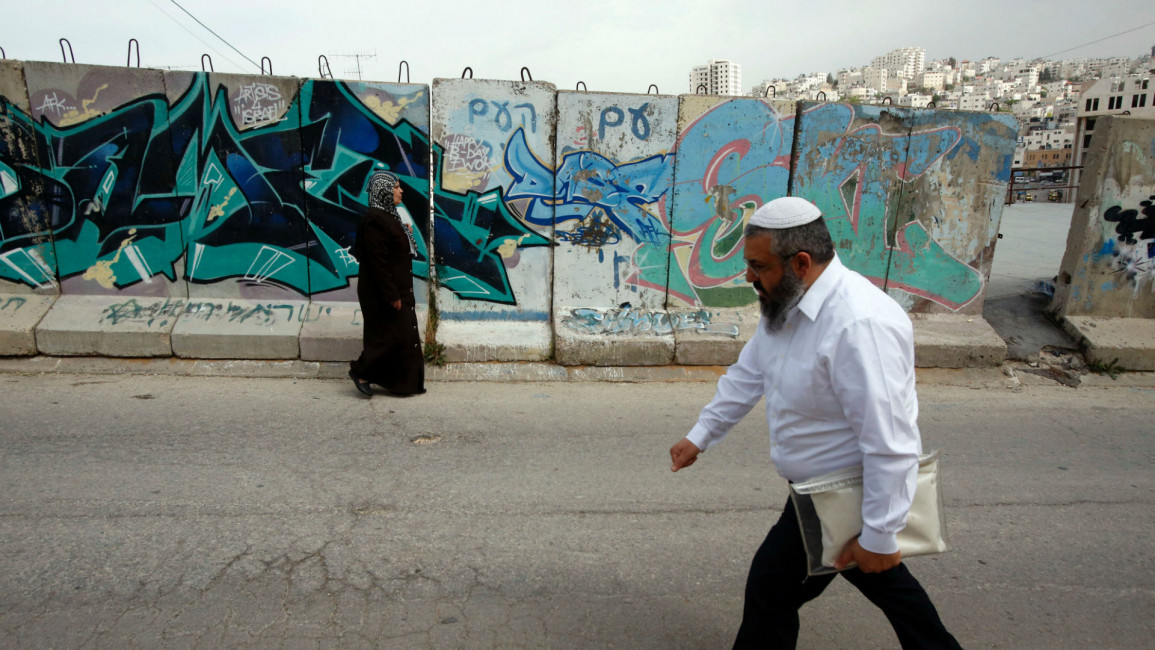Israel grants Hebron settler enclaves municipal status, raising fears of annexation
The Israeli army has created a new authority to provide municipal services for settlers in the occupied West Bank city of Hebron, raising fears that Israel is moving closer to annexing parts of the city.
Around 600 ultranationalist Jewish settlers live in the heart of Hebron, the largest Palestinian city in the West Bank, protected by twice as many Israeli soldiers.
The city has deep religious significance for Muslims and Jews, who revere it as the burial site of religious patriarchs.
A military order signed last week alters a 20-year arrangement in Hebron's Old City which gave Israel security control over the H2 area while municipal services to settlers were provided by the Palestinian Authority.
The new order, signed by head of the military's Central Command, Maj. Gen. Roni Numa, establishes a new "municipal services administration" for the Jewish settler neighbourhood.
"By force of the order, an administration will be established to represent the residents of the Jewish neighbourhood in Hebron and to provide them with municipal services in a variety of fields," it said.
Kamel Hmeid, the city's Palestinian Authority governor, said the military order favoured settlers at the expense of the Palestinian population and was meant to deepen Israeli control.
 |
Around 600 ultranationalist Jewish settlers live in the heart of Hebron, the largest Palestinian city in the West Bank, protected by twice as many Israeli soldiers |  |
"It paves the way for the settlers to expand their control over the Old City and paves the way for Israel to annex this part of the city," he said.
"Israel has been facilitating the settlement project in the city for years, and now they have made a big leap in changing the face of the city and Judaizing it."
Hagit Ofran of the anti-settlement watchdog group Peace Now said the decision formalised what she called "the already existing apartheid in the city," since Jewish settlers will now receive superior municipal services from Israel.
"It also undermines the authorities of the Palestinian municipality," she added.
"It is symbolic but also a meaningful step that allows the settlers to control their lives and get more budgets to affect what's going on in Hebron."
Within a few years of occupying the West Bank, Israeli settlers established the large settlement of Kiryat Arba on the edge of the city before moving into the Old City.
In 1997, an agreement between late Palestinian leader Yasser Arafat and Israeli Prime Minister Binyamin Netanayhu divided Hebron into two parts, H1, under the control of the PA, and H2, under Israeli control.
Years earlier in 1994, US-born Jewish extremist Baruch Goldstein entered the Ibrahimi Mosque and massacred 29 Palestinians who were praying at the holy site.
Over 600,000 Israeli Jews live in settlements in the occupied West Bank and East Jerusalem.



